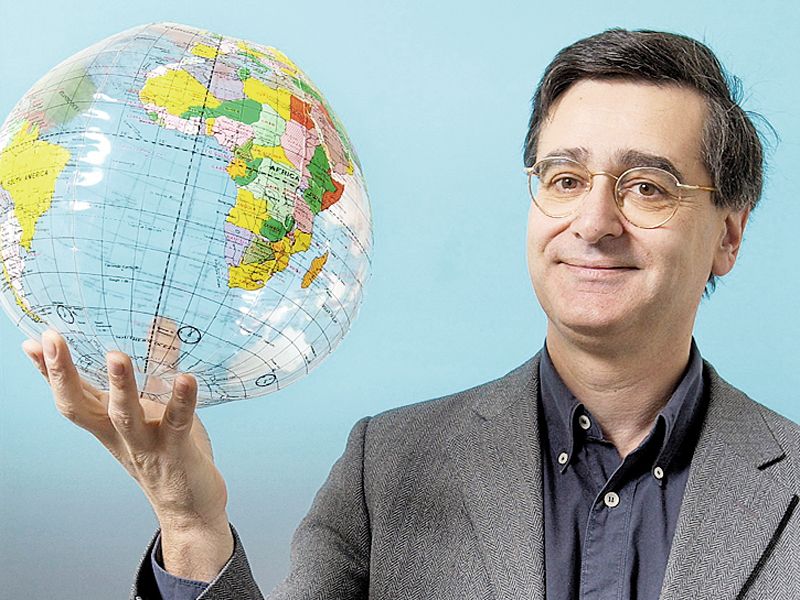Prof. Martin Beniston of University of Geneva, Switzerland, will deliver a special talk on " Water Resources by the end of the Century in Mountains with Declining Snow and Ice" at the Asian Institute of Technology (AIT) on 5 February 2016.

Prof. Martin specializes in climate impact research, and was part of the IPCC team that was awarded the Nobel Peace Prize in 2007.
He is currently serving as professor at the University of Geneva, and he is the Director the Institute for Environmental Sciences. A renowned authority in climate research, he has close to 180 publications in international literature (h factor: 48).
(Image source: University of Geneva).
Abstract:
Future shifts in temperature and precipitation patterns, and changes in the behavior of snow and ice – and possibly the quasi-disappearance of glaciers – in many mountain regions will change the quantity, seasonality, and possibly also the quality of water originating in mountains and uplands. As a result, changing water availability will affect both upland and populated lowland areas. Economic sectors such as agriculture, tourism or hydropower may enter into rivalries if water is no longer available in sufficient quantities or at the right time of the year. The challenge is thus to estimate as accurately as possible future changes in order to prepare the way for appropriate adaptation strategies and improved water governance.
The European ACQWA project (www.acqwa.ch), coordinated by the author, aimed to assess the vulnerability of water resources in mountain regions such as the European Alps, the Central Chilean Andes, and the mountains of Central Asia (Kyrgyzstan) where declining snow and ice are likely to strongly affect hydrological regimes in a warmer climate. Based on RCM (Regional Climate Model) simulations, a suite of cryosphere, biosphere and economic models were then used to quantify the environmental, economic and social impacts of changing water resources in order to assess how robust current water governance strategies are and what adaptations may be needed to alleviate the most negative impacts of climate change on water resources and water use.
For more details about Prof. Martin, please visit this link: http://www.unige.ch/climate/Team/Beniston.html
Date: 5 February, 2016 (Friday)
Time: 10:00-11:00 hours
Venue: Milton E. Bender Jr. Auditorium
